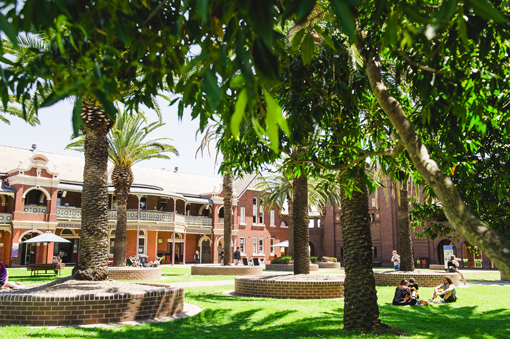All Catholic institutions can feel burdened in recruitment by questions of candidates’ personal faith. Some positions must be filled by serious Catholics—they are few, for example: president, theologians, chaplaincy or ministry staff. Unprejudiced people will understand that these positions require the understanding and witness of faith if people are to fulfil their job descriptions. With most positions, however, Ex Corde Ecclesiae’s position is that while we hope Catholic staff can support the Catholic nature and work of the university, staff from other traditions are simply asked to respect it.
What does this mean? Rather like respect for persons, it does mean something important. To respect a position or view means not to mock it, ridicule it, not to be publicly hostile towards it, pretend astonishment at it; and more, hopefully, to feel proud of it, comfortable in conscience at taking a salary from it, open to learning more about it. And more by way of respect is required for some positions than for others. Academics should know something about the Catholic intellectual framework; professors and heads of programs should grasp the commitment to the dialogue of faith and reason, engagement; staff should have a firm grasp of Catholic social principles, and so on.
Much of this today is regulated and Catholic universities will of course observe all just regulation. But everyone would expect a university identifying as Catholic to do more by way of good treatment and our common work life. All Christians accept principles of altruism, sacrifice, doing good to enemies, forgiving repeatedly, giving to all in need, making peace and yet expecting persecution. It is a faith that is demanding, morally and materially; something possible because of the huge optimism Christianity has for human nature and human goodness.



